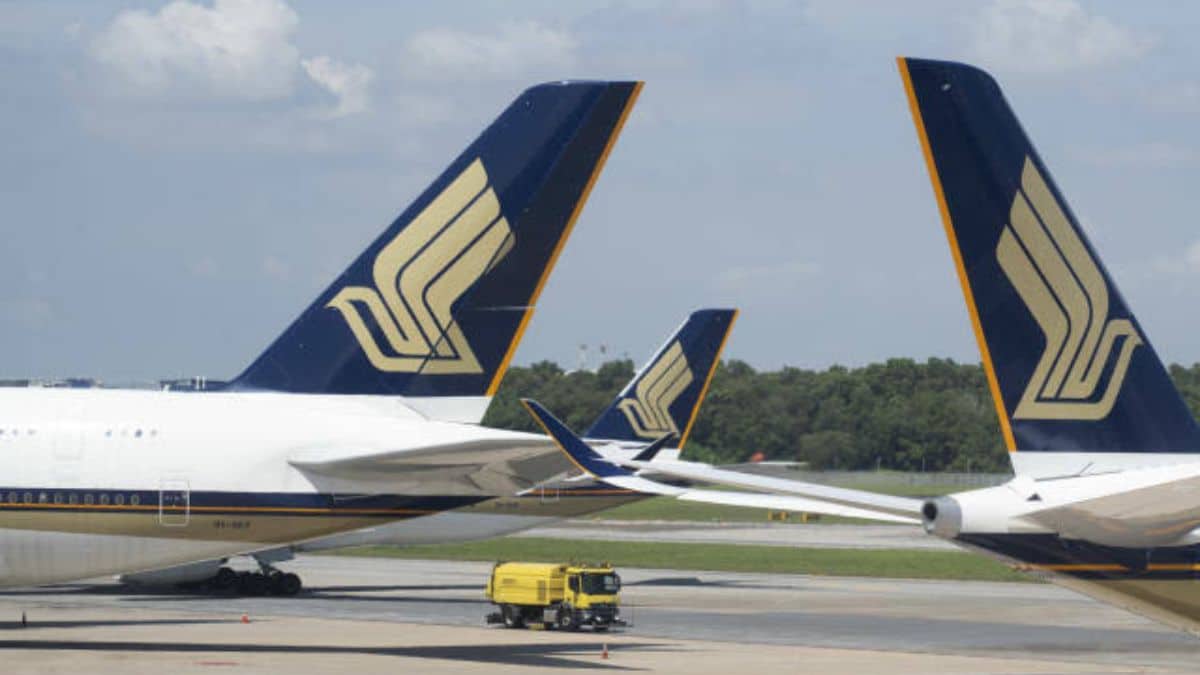Singapore Airlines has revealed that its recycling of in-flight waste has significantly exceeded previous estimates, highlighting an enhanced commitment to environmental sustainability. The updated figures reflect the airline’s broader efforts to reduce its ecological footprint and address the growing concerns over waste management in the aviation industry.
The airline’s latest sustainability report indicates that Singapore Airlines has achieved a notable increase in the volume of in-flight waste recycled, surpassing earlier projections. The company has implemented advanced waste segregation and recycling processes across its fleet, contributing to a more substantial reduction in landfill contributions and a smaller overall environmental impact.
This development comes as part of Singapore Airlines’ broader environmental strategy, which aims to align with global sustainability goals and industry best practices. The airline has been actively working to improve its waste management systems, including initiatives to minimize single-use plastics and enhance recycling processes on board.
The updated recycling figures underscore the airline’s commitment to environmental stewardship and its role in the aviation industry’s ongoing efforts to address waste management challenges. Singapore Airlines’ proactive approach reflects a growing trend among major airlines to integrate more sustainable practices into their operations.
The enhanced recycling efforts also support Singapore Airlines’ broader sustainability objectives, which include reducing carbon emissions and improving overall resource efficiency. By achieving better waste management outcomes, the airline not only addresses environmental concerns but also sets a positive example for the industry.
This news is particularly relevant in the context of Indonesia’s economic and environmental landscape, where sustainable practices are becoming increasingly important as the country addresses its own environmental challenges. As regional and global focus intensifies on sustainability, Indonesia and its businesses are also looking to enhance their environmental performance and align with international standards.
Overall, Singapore Airlines’ improved in-flight waste recycling efforts represent a significant step forward in the airline’s sustainability journey, contributing to broader environmental goals and reinforcing its commitment to reducing its ecological footprint.

